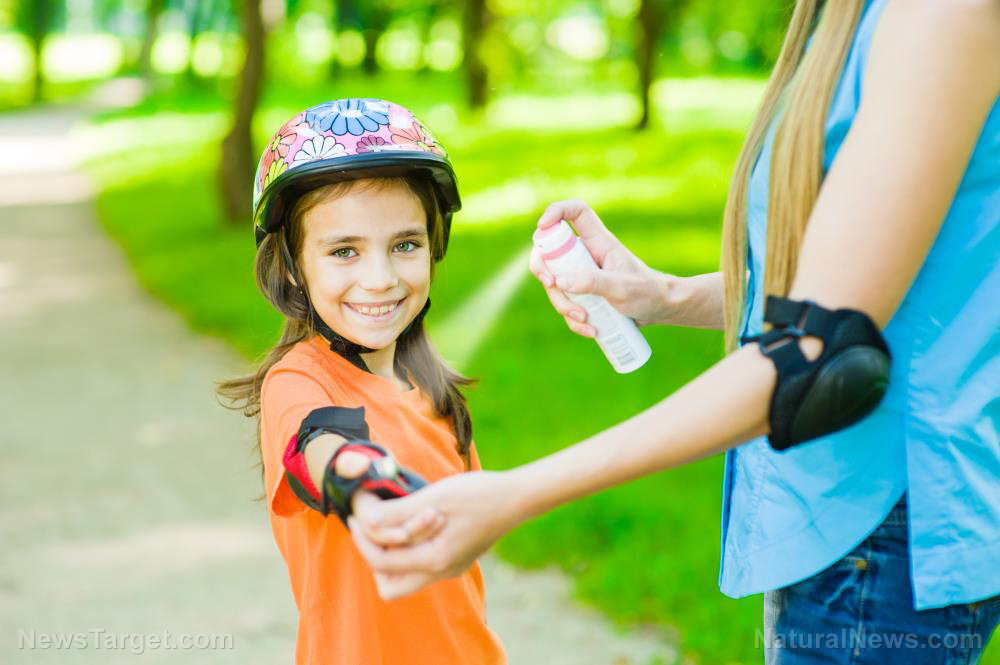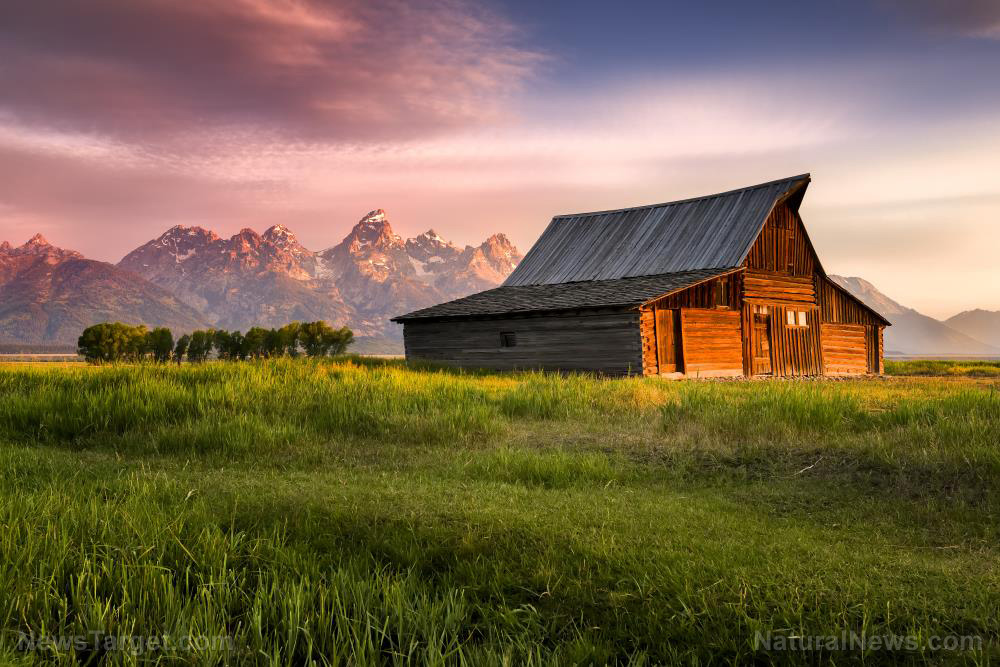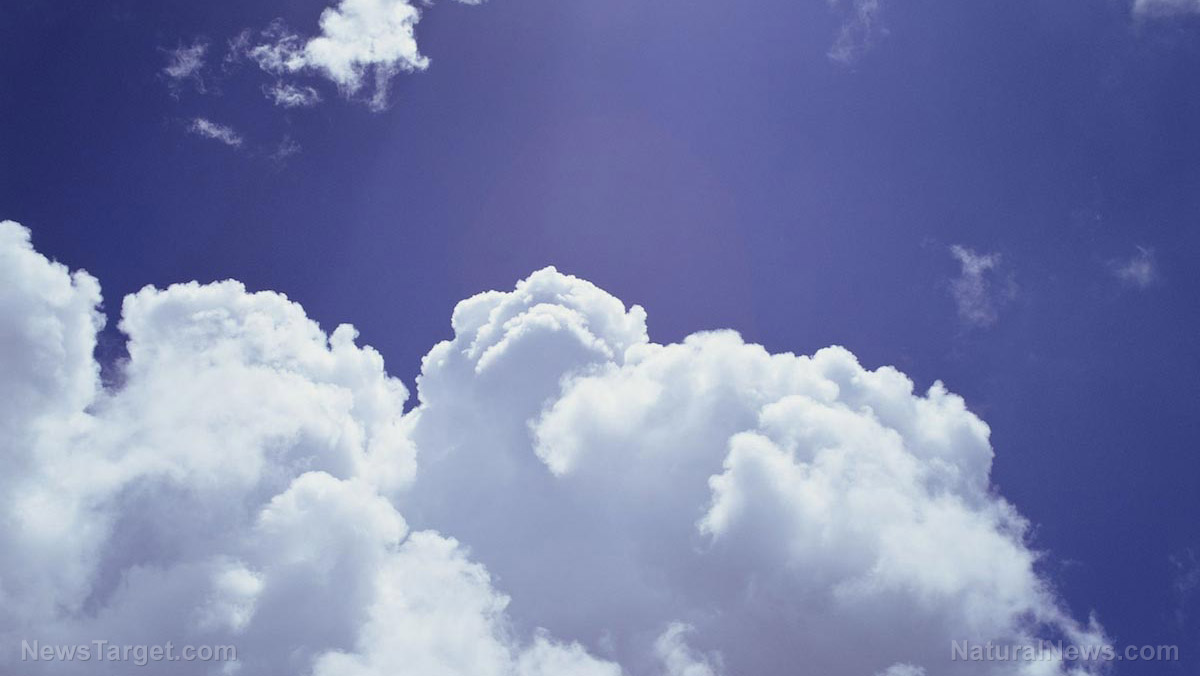
If you get lost in the wild, conserve any water you have, including water that's already in your body. Replace lost fluids and conserve body fluid so you can drink less water. (h/to PreppersWill.com.)
What happens when you're dehydrated?
You must learn how to ration your water supply to improve your chances of survival. Use the data below to determine how long you can last without water.
- No water = Three to five days
- One liter = Five and a half days
- Two liters = Six days
- Five liters = Seven days
- 11 liters = Nine days
Even if you stay in the shade, the average person will lose over one liter of water every day by breathing and urinating. Dehydration occurs when you fail to replace the liquid your body loses. This can happen no matter what type of environment you're in and regardless of the temperature. Factors that can cause dehydration include your body size, the clothes you're wearing, the humidity, and the activity you're doing.
The symptoms of the different stages of water loss may include:
- Between one to five percent loss – Appetite loss, drowsiness, general discomfort, headache, impatience, nausea, thirst, and urine may become darker in color.
- Between six to 10 percent loss – Blurred vision, breathing difficulties, dry mouth, inability to walk, slurred speech, and a swollen tongue.
- Between 11 to 12 percent loss – Defective vision, delirium, inability to swallow, joint stiffness, shriveled skin, and unconsciousness. Losing this much water may even cause death. In the advanced stage of dehydration, you'll stop urinating. You will vomit, which can worsen your dehydration. You may also experience diarrhea. In the final stages of dehydration, you will suffer from shock. Once your blood pressure drops, your skin can turn bluish gray, and you'll feel very cold.
The body loses fluid by breathing, crying, perspiring, talking, urinating, and vomiting.
- Crying – When someone panics, they start crying. Adults may have an easier time keeping their cool, but kids may have trouble if you tell them not to cry.
- Perspiring – Perspiration is a normal bodily process and it has a cooling effect when moisture evaporates from the surface of your skin. Try to avoid moving unless it's absolutely unnecessary.
- Urinating – Urination is another normal bodily process and it's impossible to prevent it from happening. Do your best to hold it in to try to slow down this fluid loss from the body.
- Vomiting – You may vomit if you eat poisonous food in the wild. Avoid this by learning how to forage so you can identify edible animals, insects, and plants.
How to conserve your water supply
If you're already dehydrated, you may not have the strength necessary to purify water, so it's crucial to know how to find water that doesn't need purification. Don't wait until it's too late to learn how to find clean natural water sources in your area. (Related: Survival tips when collecting potable drinking water in the wilderness.)
You need to drink to stay dehydrated but if you can't find a water source, take small sips to replace any lost fluids. If you're thirsty and you're almost out of water, rinse your mouth for 20 to 30 seconds before swallowing. Drink water in moderation to improve your time frame for survival by about half a day.
You can survive in the woods by balancing your water intake and loss. Look for water even if you think your chances of rescue are high. Remember: you can survive for about three weeks without food, but you won’t last more than several days without water.
Browse more articles with tips on how to find water in the wild at CleanWater.news.
Sources include:
Please contact us for more information.























